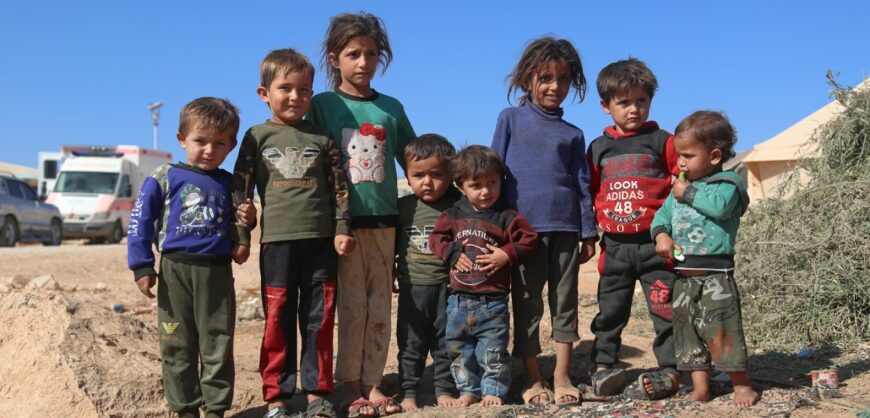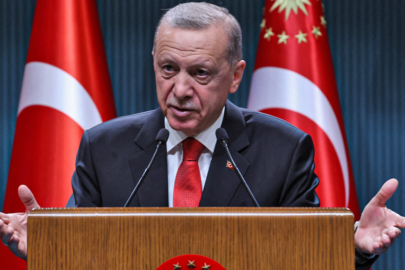Human Rights Watch (HRW) today accused Turkey of contributing to the spread of cholera in northern Syria by reducing the flow of water from the Euphrates river, and the Syrian regime of blocking aid to Kurdish-controlled areas.
For the first time since 2009, cholera re-emerged in early September in Syria, where about two-thirds of water treatment plants, half of pumping stations, and a third of aqueducts have been damaged by eleven years of war, according to the UN.
“This devastating cholera outbreak will not be the last waterborne disease to affect Syrians unless the country’s severe water problems, particularly in the northeast, are addressed immediately,” said Adam Coogle, HRW’s deputy director for the Middle East and North Africa.
“Turkey can and must immediately stop exacerbating the water crisis in Syria,” he added.
The NGO clarifies that “the Turkish authorities have not ensured sufficient water flow in the Syrian section of the Euphrates and a continuous supply of water from the Alluk pumping station”, which Turkey owns in northern Syria.
“Turkey should ensure that Euphrates water resources are shared fairly with Syria and Iraq and that the Alluk station immediately resumes water supply to communities in need,” he added.
The World Health Organization has reported 81 deaths and more than 24,000 suspected cases since the outbreak in Syria, recording casualties in the Syrian-state, rebel, and Kurdish-controlled areas.
also read
The West is urging Ukraine to hold peace talks with Russia
YouTube content creator Ethan Klein banned from Twitter after impersonating Elon Musk
The disease is favoured by the absence of sewage systems or drinking water. Syria’s Kurds accuse neighbouring Turkey, through which the Euphrates flows, of holding back more water than necessary at its dams, reducing the river’s flow on the Syrian side, which Ankara denies.
In Syria, more than five million people depend on the Euphrates for drinking water, according to the UN.
HRW also accused the Syrian state of preventing the arrival of aid meant to fight cholera in areas controlled by the Kurdish administration.
The NGO called on “all sides of the conflict” to grant “unhindered access to members of humanitarian organizations” in all areas of Syria.



































